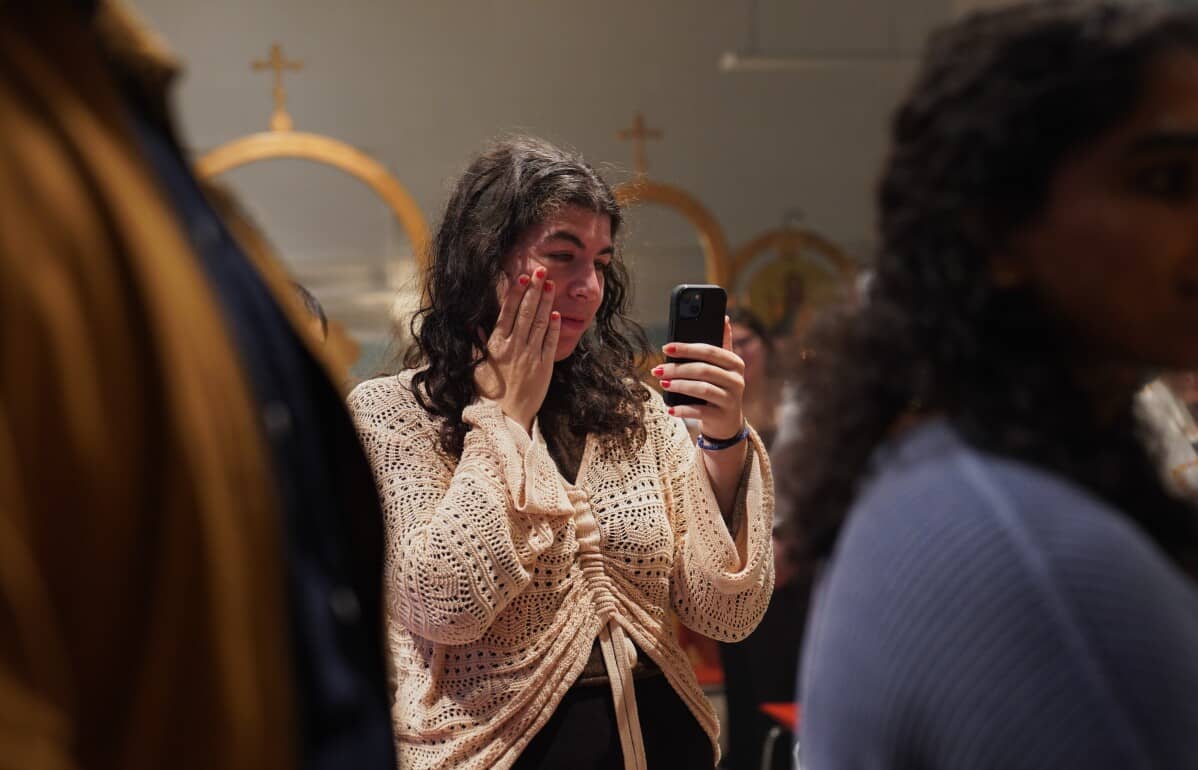A U.S. federal law prohibiting female genital mutilation will be challenged for the first time in a case in Detroit, where lawyers plan to cite religious freedom as a defense of the practice.
In the case, two physicians and one of their wives are charged with subjecting young girls to genital cutting. The three adults are members of the Dawoodi Bohra, a small Indian-Muslim sect located in Farmington Hills, Michigan, a suburb of Detroit.
Female genital mutilation (FGM), or the cutting or removal of a female’s clitoris and labia, has officially been illegal in the United States since 1997, under the Federal Prohibition of Female Genital Mutilation Act.
Until modern times, the cutting or removal of female genitalia was considered a “cure” for various ills – hysteria, excessive sexual desire, lesbianism, etc. and was covered by some insurance providers well into the 1970s.
Now, FGM is widely understood by the United Nations and numerous other international human rights groups as a “harmful traditional practice.” The procedure has no health benefits for women, multiple health risks, and is considered a human rights violation.
According to the Detroit Free Press, the defense “maintains that the doctors weren’t engaged in any actual cutting — just a scraping of the genitalia — and that the three defendants are being persecuted for practicing their religion by a culture and society that doesn’t understand their beliefs and is misinterpreting what they did.”
Court documents state that the two Minnesota girls in the case had scarring and abnormalities on their clitorises and labia minora as a result of the procedure.
“According to some members of the community who have spoken out against the practice, the purpose of this cutting is to suppress female sexuality in an attempt to reduce sexual pleasure and promiscuity,” a Homeland Security Investigations special agent wrote in an April 20 court filing, according to the Detroit Free Press.
Although it is the first case specifically challenging the law on female genital mutilation, experts believe it is unlikely that the religious freedom defense will work in this case.
“I don’t think the religious freedom argument will work. Based on Jehovah Witness cases of denying blood transfusions to children, the court should decide this type of case on the basis of what’s in the best interest of the child,” Nina Shea, an international human-rights lawyer and director of the Center for Religious Freedom at the Hudson Institute, told CNA.
Religious freedom has failed as a defense in numerous cases where a child has either been abused or denied healthcare, because the government has an overriding compelling interest in what is best for the child, a basic standard in the family law codes or statutes of most Western nations.
A complicating factor in cases of FGM is that it is sometimes presented as the female equivalent of male circumcision.
However, “FGM is very different in purpose in that it is to deprive the woman of sexual enjoyment throughout the rest of her life. Also unlike male circumcision, there are no health benefits, and there are health risks to FGM,” Shea said.
Some of those health risks include severe bleeding and problems urinating, and later cysts, infections, complications in childbirth and increased risk of newborn deaths, according to the World Health Organization.
“I can’t imagine any court that would say that the parents’ right to practice their religion gives them the right to inflict this harm on their daughters,” First Amendment expert and constitutional law scholar Erwin Chemerinsky told the Detroit Free Press.
“It’s going to come down to medicine, and if (the procedure) really inflicts great, lifelong harms on those who are subjected to it — that’s what is going to decide this case,” he said.
Despite the risks, the practice remains deeply ingrained in some cultures and religions where it is seen as a sort of a “rite of passage” for young women, who often opt for the procedure themselves, rather than being forced into it by males in the community.
Anthropologists have found that even educating mothers about the health risks of FGM is not enough to deter the practice in some areas, where it is a matter of cultural pride and a way of ensuring a girl’s future and acceptance in a society where this has been a long-accepted practice.
“What we’re coming to realize is that programs that target individual mothers (about the harms of FGM) are completely ineffective. Mothers are not solely in charge of the decisions for their daughters,” Bettina Shell-Duncan, an anthropology professor at the University of Washington, told The Atlantic in 2015.
“We need to be targeting people who are in the extended family, and we know that we need to figure out who are the figures of authority in these families, and who are the influences on them in the community. We need to do male elders, but also female elders.
“It’s about a conversation about, What is the best way to secure the future for your children? The future for their girls might not be best secured by being circumcised any longer,” she added.












